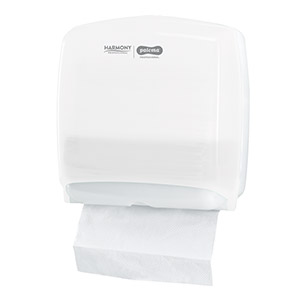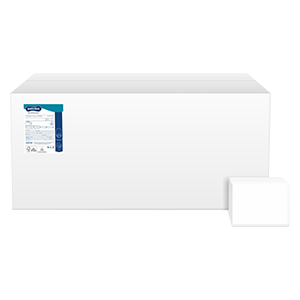How to effectively plan finances at the end of the year?
The end of the year is an ideal time to evaluate financial goals and to prepare a plan for the next period ahead. Good financial planning can help ensure stability and optimize the budget for the next year.
1. Revision of costs and seasonal expenses
Analyze how your consumption and operating costs have changed over the year. Focus on seasonal expenses such as increased food purchases, hygiene products or advertising campaigns. Your findings can help you streamline these items for the next season and manage costs in an improved way.
2. Optimization of supply contracts
The end of the year can be an appropriate time to renegotiate contracts with suppliers. Examine the possibilities of better prices or more flexible conditions that would better reflect your seasonal needs. By maintaining quality relationships with suppliers, you can ensure stable availability and more favorable costs for frequently used products such as cleaning agents, hygiene products or catering supplies.
3. Preparation of the tax budget
Optimizing tax obligations can significantly affect the overall budget. Take advantage of the possibility of depreciation and tax reliefs for innovations or ecological initiatives. Detailed records of your expenses and investments can help you better manage your year-end accounting and identify areas with possibilities for saving.
4. Investments in seasonal campaigns and marketing
During the holiday season, demand for services increases which presents an opportunity to invest in targeted marketing campaigns. Prepare a flexible marketing budget for special holiday packages or online promotions. A digital strategy can increase the visibility of your brand and contribute to higher revenues.
5. Monitoring investment plans and long-term goals
At the end of the year, it is also an appropriate time to evaluate your long-term investment goals, for example, upgrading equipment, ecological innovations or expanding operations. Regularly updating your goals based on annual profits and expenses can help you to plan more effectively ahead for the future and strengthen your competitive advantage.
6. Emergency fund and being prepared for fluctuations
The HoReCa sector faces unpredictable fluctuations in demand. Securing a sufficiently large emergency fund will provide you with a reserve in case of unexpected situations, such as changes in the number of visitors, increased costs of utilities or materials. This fund is especially important for smaller businesses that are more sensitive to financial fluctuations.
Effective financial planning at the end of the year can help businesses ensure a stable budget and ease their transition into the new year 2025. A precise review of expenses, contracts, investments and marketing is key for the achievement of financial stability and readiness for further growth.





















